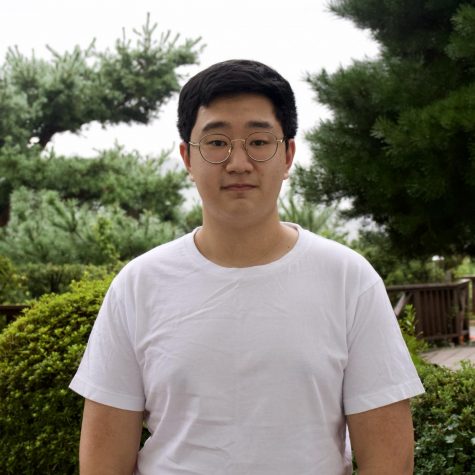Since April 28, the inheritance tax rates of South Korea have been brought into question by the general public following the announcement that the Lee family of Samsung would have to pay a high inheritance tax of 60 percent. Inheritance tax, in simpler terms, is a levy on assets acquired from a deceased person: in this case, previous chairman of Samsung Lee Kun-hee. Being the largest South Korean family-owned conglomerate, the chaebol takes a strong hold on the nation’s economy. The amount charged on the Lee family is three to four times the total inheritance tax (about 3.9 trillion won) collected by the government last year, which is the largest sum ever collected by the Korean government. Controversy over the basis for the imposition of inheritance taxes themselves could also be seen in society, with the argument that if inheritance tax is imposed on property that already paid income tax and corporate tax, it may be considered as a form of “double taxation.”
“Thanks to the government’s extraordinary increase in house prices, the average family in Seoul is not able to pass down a single house to their children,” Triston Lee (10), member of Future Business Leaders of America (FBLA), said. “In addition to the inheritance tax rates, tens of millions of won in acquisition tax will have to be paid to change the name of the owner’s property to the name of the heir. They have to pay up to 10 years of their savings in inheritance tax and acquisition tax, even though they have already paid income tax regularly and given the government high rates real estate tax with ambiguous grounds.”
Due to Korea having the world’s highest inheritance tax, domestic small and medium-sized companies are giving up their family businesses or selling them. Large companies are also having to borrow money from the financial sector to pay astronomical inheritance taxes. Even Samsung has failed to pay the inheritance tax of 12 trillion won in a lump sum with its holdings, and it has relied on loans worth trillions of won and paid in installments for five years. Some even criticize that maintaining the current inheritance tax rate, despite various side effects, is based on political intentions to use it as a punitive tax on the largest shareholder of a company. Voices that state that this may significantly damage the economy and decrease the number of workplaces have emerged.
“It is hard to know whether heavy disaster support funds would boost the economy and industrial development, or become as ineffective as a bucket of water on dry land under the scorching sun.” Eric Chang (10), another member of the FBLA, said. “If you intend to spend money to assist the economic needs of the people, it will benefit the economy to impose less taxes so that the people can live more leisurely and allow entrepreneurs to invest in new places to build industries and create more spaces for employment.”
The inheritance tax rates in Korea are much higher than that of advanced welfare countries such as Britain, Germany, Denmark, Sweden and Australia, reaching up to 50 percent. Under the law, the Samsung family will pay inheritance tax using the “annual overdue payment” system, in which the company pays the government one-sixth of the total tax first and then distributes the rest over the next five years. The Lee family received 1.7 trillion won in loans from financial institutions to pay the first inheritance tax. The average interest rate is 3.24 percent per year, higher than average rates as they are considered “high-income earners”, and the monthly interest rate alone amounts to 4.63 billion won. The first payment will total 2.486 trillion won, and the remaining 10 trillion won will be paid five times over the next five years. As of today, a long road of taxes and loans lie ahead of the enterprises of South Korea. Although the public generally opposes the inheritance tax policies, other voices could be heard.
“It is important to know how the Korean economy changes due to the inheritance tax.” Morgan Miller, AP Economics teacher, said “Looking at the United States, the society was the most divided when it came to income inequality due to the radicalization of politics. When a society values stability, a society cannot have a person with 20 trillion won. What has been confirmed is the fact that inheritance brings stability to the society and closes the income inequality. No serious economic thinker believes that trickle down economics works and was disproved by many economists. Although the rich people may be interested in reinvesting the money in employment to a certain extent, they will mostly focus on their own profits such as stocks, rather than additional employment.”


